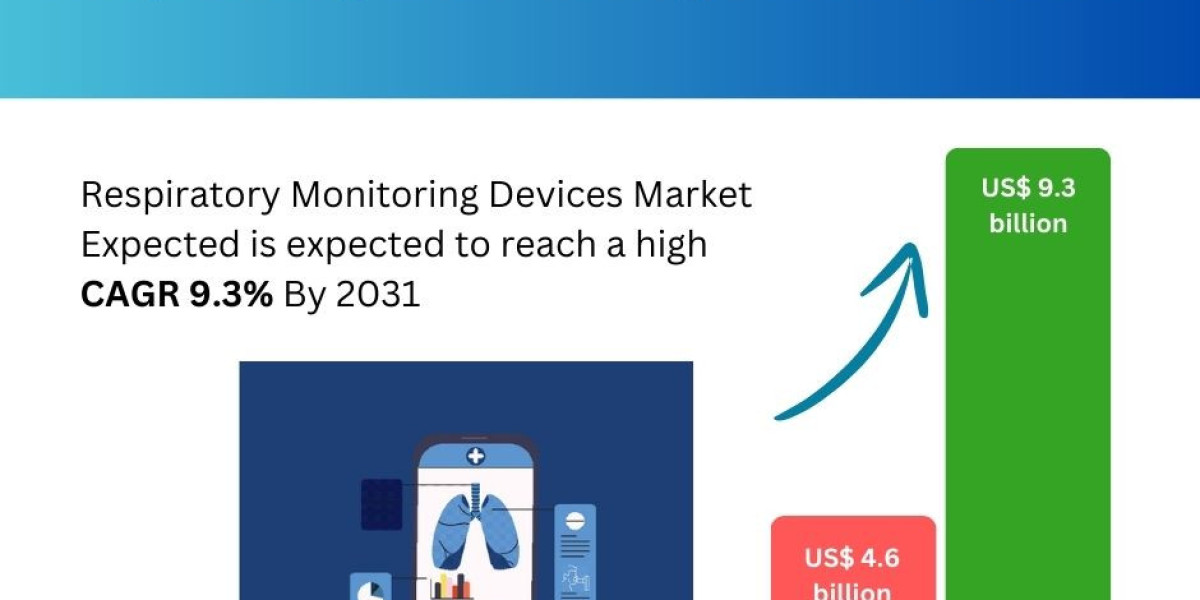Quebec is one of Canada’s most unique and culturally rich provinces, offering a blend of European charm and modern innovation. For skilled professionals around the world, Quebec represents a land of opportunity, providing a high quality of life, a vibrant job market, and access to top-notch education and healthcare. One of the most accessible ways for skilled workers to immigrate to Quebec is through the Regular Skilled Worker Program (RSWP), a program specifically designed to attract talented individuals to contribute to the province's economic and social fabric.
What is the Regular Skilled Worker Program (RSWP)?
The Regular Skilled Worker Program (RSWP) is a key component of Quebec's immigration system, tailored for skilled professionals who wish to live and work in Quebec on a permanent basis. Unlike other Canadian provinces, Quebec has its own set of immigration criteria, managed independently from the federal government, allowing it to target immigrants who meet its specific labor market needs.
Eligibility Criteria for the RSWP
To qualify for the RSWP, candidates must meet several eligibility requirements, including:
Work Experience: Applicants must have relevant work experience in an occupation that is in demand in Quebec.
Education: A recognized diploma or degree that aligns with Quebec's job market needs is essential.
Language Proficiency: While knowledge of French is highly advantageous and often necessary, proficiency in English is also considered.
Financial Stability: Applicants must demonstrate they have sufficient funds to support themselves and their family upon arrival in Quebec.
Age and Adaptability: Younger applicants and those with prior experience living or working in Quebec may score higher on the selection grid.
The RSWP uses a points-based system to assess candidates based on these and other factors, such as having a valid job offer or a spouse’s qualifications. Achieving the required points threshold is crucial to receive a Certificat de sélection du Québec (CSQ), which is the first step toward permanent residency.
The Application Process
The process begins with submitting an Expression of Interest (EOI) in Quebec's Arrima portal. This online platform allows applicants to create a profile, after which they may be invited to apply based on Quebec’s labor market needs. If selected, the applicant will receive an invitation to apply for the CSQ.
Upon receiving the CSQ, candidates can then apply to the federal government for permanent residence. This involves passing medical exams and security checks before finally obtaining permanent resident status.
Benefits of the RSWP
Quebec offers numerous benefits to those who immigrate under the RSWP:
Economic Opportunities: Quebec’s growing industries, such as information technology, healthcare, and manufacturing, provide ample job opportunities.
Cultural Diversity: With a rich cultural heritage influenced by both French and Canadian traditions, Quebec offers a unique environment for immigrants.
Quality of Life: Residents of Quebec enjoy access to high-quality healthcare, education, and public services, alongside a relatively low cost of living compared to other major Canadian provinces.
Conclusion
The Regular Skilled Worker Program (RSWP) is an excellent pathway for skilled professionals seeking a fresh start in Quebec. With its unique blend of cultural vibrancy and economic opportunity, Quebec immigration continues to be a top choice for immigrants worldwide. If you meet the eligibility criteria and are ready to take the next step in your career and personal life, the RSWP could be your gateway to a new and prosperous future in Quebec, Canada.








